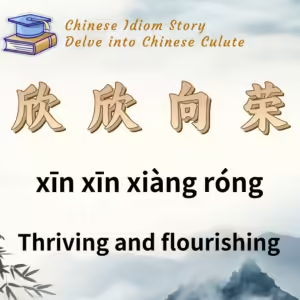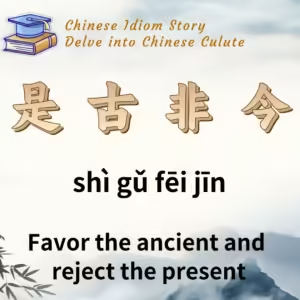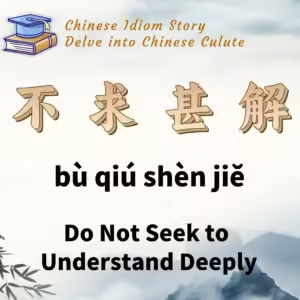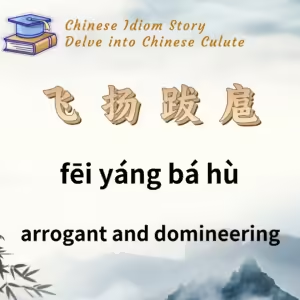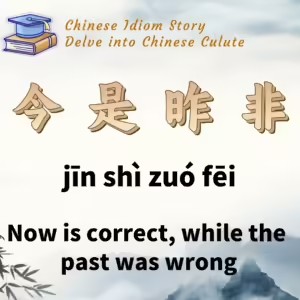
Chinese Idiom: 今是昨非 (Jin Shi Zuo Fei)
English Translation: Now is correct, while the past was wrong
pīn yīn: jīn shì zuó fēi
Idiom Meaning: Indicates that the current situation is correct and the previous one was mistaken, often implying a sense of regret and realization.
Historical Source: Return to the Field (《归去来辞》) by Tao Yuanming
Idiom Story
Tao Yuanming (365–427 AD), also known as Tao Qian, was a renowned poet of the Eastern Jin Dynasty, celebrated for his realistic approach and pastoral poetry. He held several official positions, including Magistrate of Pengze, but became disillusioned with the corrupt practices of the time. Deciding to resign, he returned to his hometown, seeking a simpler and more fulfilling life.
In his famous essay Return to the Field (《归去来辞》), Tao describes his joyful return to a pastoral life and reflects on his past experiences. The essay begins with a lament about the futility of serving in an official capacity when it conflicted with his personal values and happiness. He acknowledges that although the past mistakes cannot be undone, the future still holds hope for redemption.
The phrase “今是昨非” is drawn from the lines in his essay: “实迷途其未远,觉今是而昨非。”
Translated, it means: “I have realized that I was not too far off the wrong path, and now I see that the present is right while the past was wrong.”
Tao reflects on how he had initially been misguided by the demands of official life and how returning to his roots was the right decision. His realization is that although he cannot change the past, he has corrected his course and found the right path. This insight captures the essence of the idiom, which signifies a clear understanding of past mistakes and a positive adjustment in the present.

